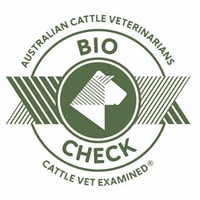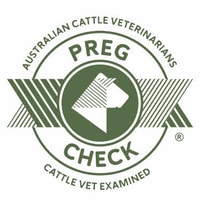
Hot-spots are a common problem amongst dogs, and some breeds like golden retrievers, labradors, and rottweilers may be more susceptible to these than others.
What is a hot spot?
A hot-spot can otherwise be known as a ‘moist skin rash,’ acute moist dermatitis, or pyotraumatic dermatitis. It is an area of skin or lesion that looks red, inflamed, and may have matted hair on or around it, and sometimes slimy discharge. They develop very quickly and can progress within hours.
Usually, they can be found around the dogs:
- Head
- Neck
- Tail/backside
What causes hot-spots?
- Flea infestation
- Ear infections
- Allergies
- Warm & humid weather
- Wet fur against the skin (for long periods – i.e. under the collar after swimming)
- Underlying medical conditions
These issues promote bacterial growth, making the area very itchy and potentially sore.
While being relatively easy to spot, your pet will likely alert you to the hot-spot with excessive scratching and licking if the area is within reach.
How are hot-spots treated?
To treat a hot-spot, we will:
- Trim the fur from around the area
- Clean the area with an antiseptic
- Use antibiotics and/or anti-inflammatory treatments
In some cases, ongoing use of antibiotics and/or anti-inflammatory treatments may be required to treat the infection and allow the skin to heal properly. Hot-spots may be sensitive or painful to treat, and we may recommend a general anaesthetic if appropriate.
Due to the fast-moving nature of these infections, we recommend you bring your dog to see us as soon as possible if you suspect a hot-spot is forming. The quicker we can treat your dog, the less chance the hot-spot has of becoming large, difficult to treat, and painful.
If you have any questions or want to make a booking, call us on 07 4693 2233, email us info@pittsworthvetsurgery.com.au, or book online today.
RELATED ARTICLES
Parasites
As the weather warms up, we start to see more parasite problems for all sorts of pets.Here are some of the more common parasites we come across, as well as some information on the problems they cause and how to get rid of them. Fleas Fleas are relatively easy to spot,...
Itchy skin and ear infections
Around springtime, we often see an increase in itchy skin (dermatitis) and ear infections in dogs and cats. How to spot itchy skin You should know almost right away if your cat or dog has dermatitis. Here are a few of the common signs: Constant scratching, licking, or...
Feline AIDS
The Feline Immunodeficiency Virus (FIV) causes feline AIDS and is relatively common in Australia and New Zealand, with up to 25% of domestic cats testing positive for the virus. This disease is incurable. It compromises the efficiency of a cat’s immune system by...
Keeping your pets active in winter
It can be hard to get out of your warm bed or off the cosy couch on a winter’s morning for exercise, and your pet can feel the same way too! It's important to continue exercising your pet in winter, as well as keeping them mentally stimulated. Being cooped up inside...
RELATED
ARTICLES

Parasites
As the weather warms up, we start to see more parasite problems for all sorts of pets.Here are some of the more common parasites we come across, as well as some information on the problems they cause and how to get rid of them. Fleas Fleas are relatively easy to spot,...

Itchy skin and ear infections
Around springtime, we often see an increase in itchy skin (dermatitis) and ear infections in dogs and cats. How to spot itchy skin You should know almost right away if your cat or dog has dermatitis. Here are a few of the common signs: Constant scratching, licking, or...

Feline AIDS
The Feline Immunodeficiency Virus (FIV) causes feline AIDS and is relatively common in Australia and New Zealand, with up to 25% of domestic cats testing positive for the virus. This disease is incurable. It compromises the efficiency of a cat’s immune system by...

Keeping your pets active in winter
It can be hard to get out of your warm bed or off the cosy couch on a winter’s morning for exercise, and your pet can feel the same way too! It's important to continue exercising your pet in winter, as well as keeping them mentally stimulated. Being cooped up inside...
Call Us Today To Discuss Your Animal Needs
Business Hours Phone: 07 4693 2233












